Back to Courses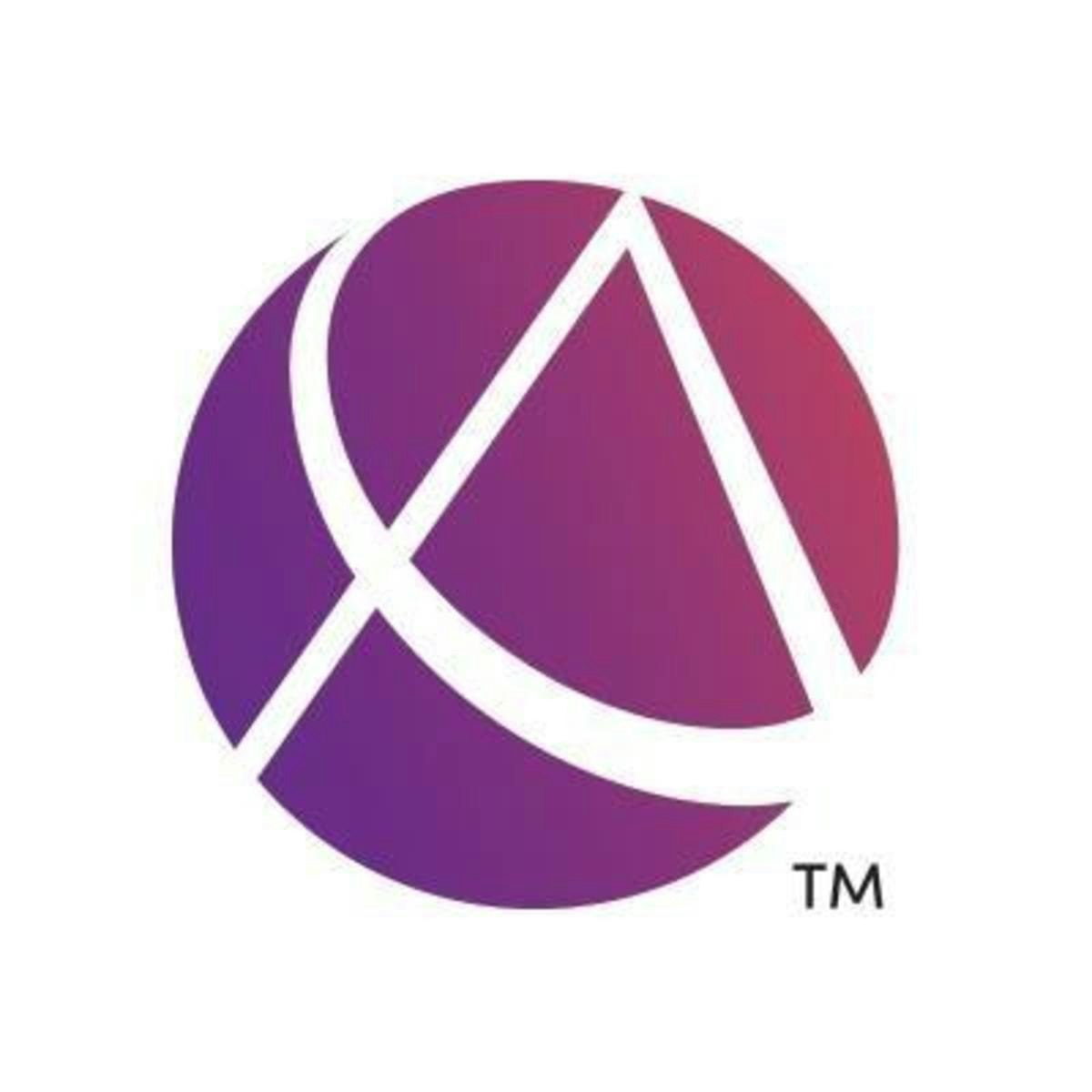

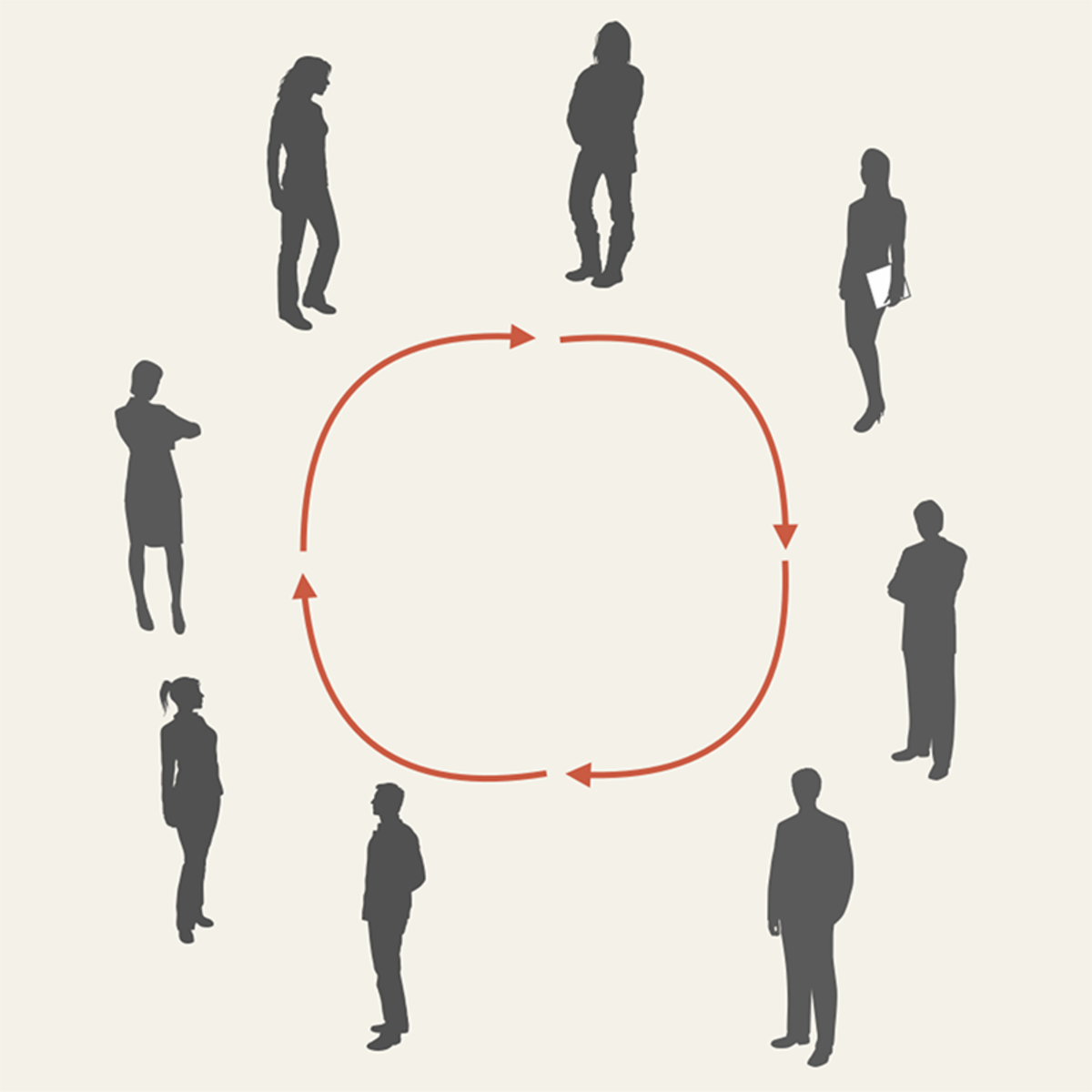

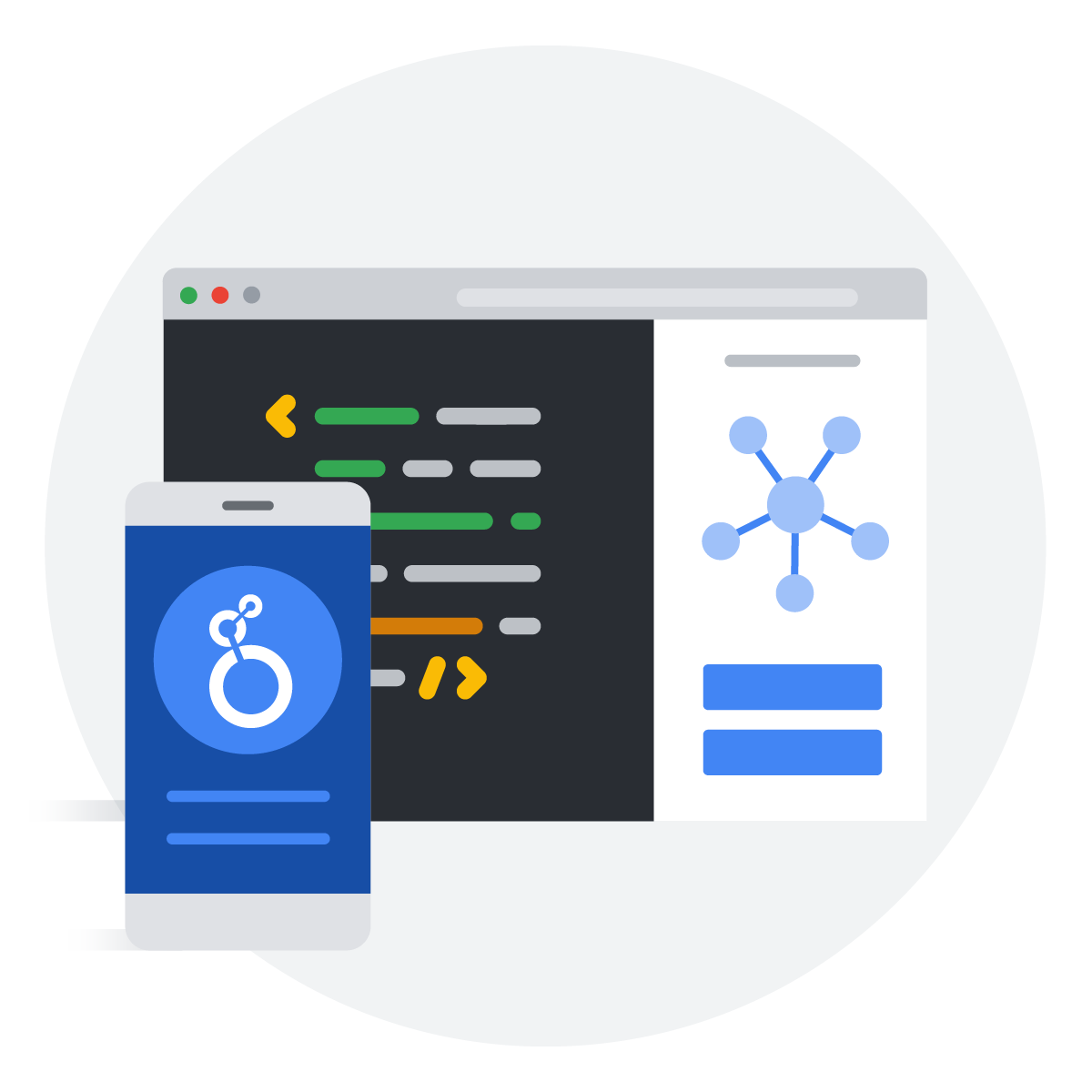


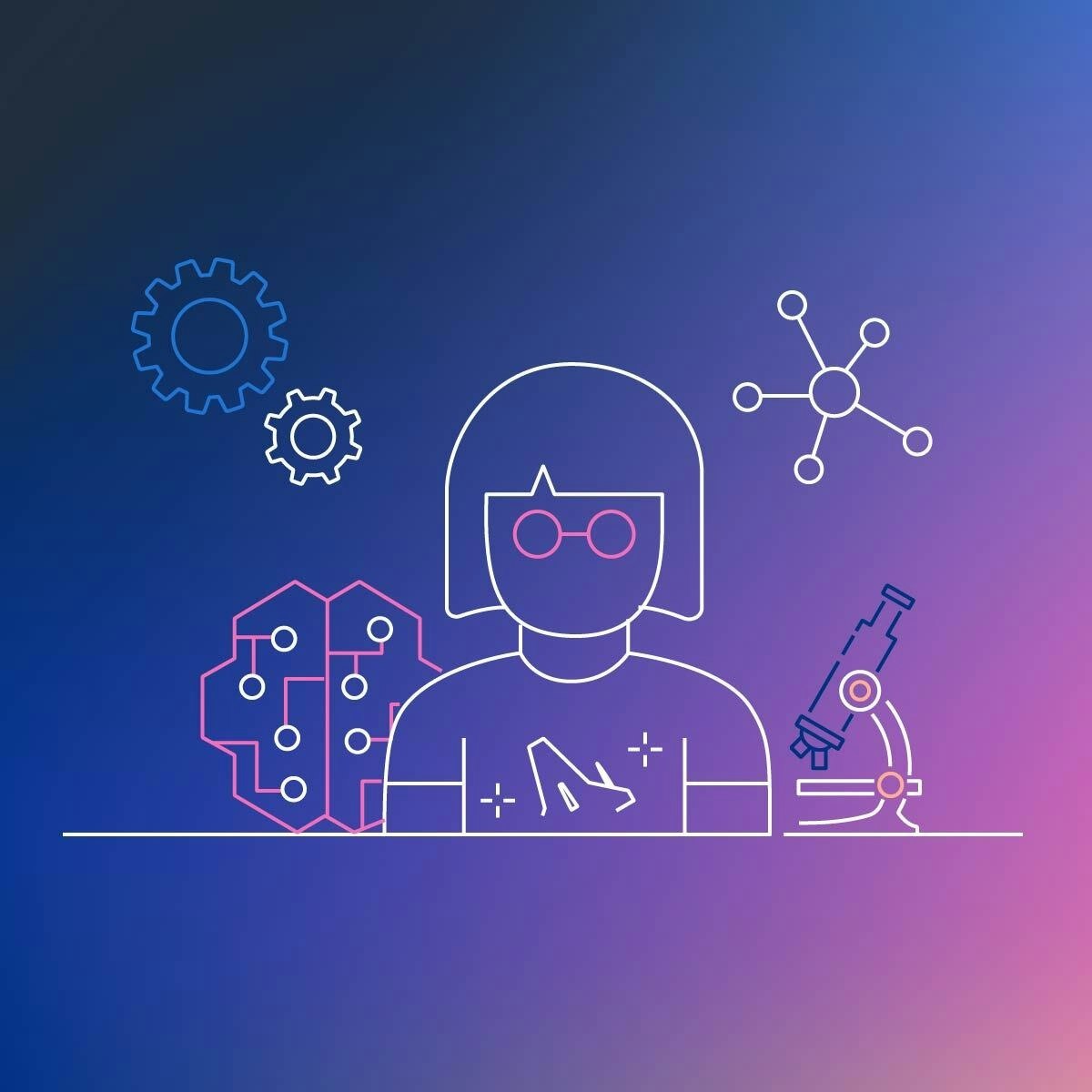

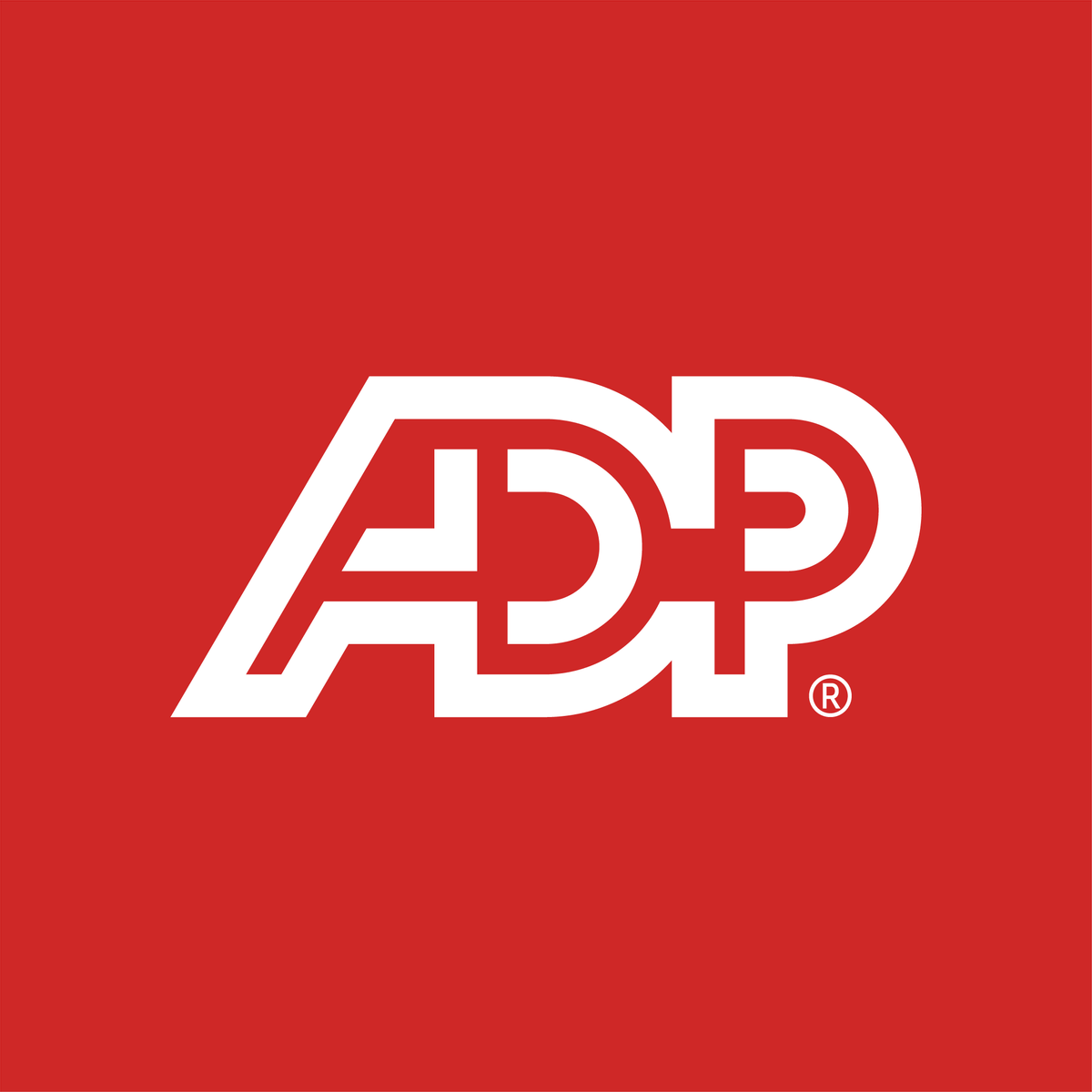
Information Technology Courses - Page 5
Showing results 41-50 of 1471

Making the Case for Robotic Process Automation
Overview
Robotic Process Automation (RPA) is reshaping the accounting and finance profession. 40% of transactional accounting work is expected to be automated by 2020 and predicted to touch 230 million knowledge workers, 9% of the global workforce, according to McKinsey Research.
Driven by the need to stay competitive, decrease costs and increase efficiency, RPA is quickly making a significant impact on the profession. Companies no longer think about "if" but "when" to implement RPA.
Short Description:
• Robotic Process Automation (RPA) can transform business processes by eliminating the mundane, time-consuming, manual tasks that professionals complete; enabling them more time to focus on critical thinking. This course for accounting and finance professionals worldwide will show through use cases how robotic process automation can be utilized to decrease errors and increase productivity.
Course description/ Overarching Learning Goal
This course is intended to provide accounting and financial professionals with practical literacy on robotic process automation through a real-world, relevant data preparation use case. It will help identify potential uses and the benefits and considerations for robotic process automation. This course will help you make the business case by helping you assess requirements, define proof of value and measure and validate the ROI for automation.

Promoting Accessible Workplaces with Assistive Technology
Workplaces and educational institutions are becoming increasingly aware of the importance of inclusivity in their forces, and there are significant efforts being made to promote cultures of inclusivity. Despite that, the needs of disabled workers and students remain largely overlooked by a working society of abled persons even though great advances have been made in widely available Assistive Technology. In this course, learners will gain increased awareness of many types of disabilities represented in the workforce and educational institutions. Learners will learn about the Assistive Technology (AT) tools built into Microsoft and Windows products, including screen readers, Immersive Reader, Accessibility Checker, etc. as well as how to instruct in their use. Learners will become proficient in inclusive communication practices in the workplace or classroom by learning to construct accessible written materials and presentations. The course will offer audiovisual storytelling to encourage active learning about a world outside of “abled privilege.”

Customer-Centric IT Strategy
Now more than ever, corporations are investing heavily in IT. The quality of these investments affect the daily work of millions, yet it’s not uncommon to see industry surveys where the failure rates for IT projects is over 50%. It’s possible to do better and it’s possible to do so consistently. In this two-week course, we’ll step through major challenges within corporate IT and how to address them with the disciplined use of design thinking, Lean Startup, and agile as a team framework.
By the end of this course, developed at the Darden School of Business at the University of Virginia and taught by top-ranked faculty, you’ll be able to:
Use the Business Model Canvas to focus your company strategy and facilitate buy-in from stakeholders
Translate your work on the Canvas to specific charters in IT
Rapidly prototype strategically-aligned processes for implementation within your IT infrastructure
Please Note: This is a short-form course, two weeks in duration.

Cloud IDS: Qwik Start
This is a self-paced lab that takes place in the Google Cloud console.
In this lab, Deploy Cloud IDS (Intrusion Detection System), a next-generation advanced intrusion detection service that provides threat detection for intrusions, malware, spyware and command-and-control attacks, to simulate multiple attacks and view the threat details.

Developing Data Models with LookML
This course empowers you to develop scalable, performant LookML (Looker Modeling Language) models that provide your business users with the standardized, ready-to-use data that they need to answer their questions. Upon completing this course, you will be able to start building and maintaining LookML models to curate and manage data in your organization’s Looker instance.

Analytics as a Service for Data Sharing Partners
This is a self-paced lab that takes place in the Google Cloud console. In this lab you will learn how Authorized Views in BigQuery can be shared and consumed to create customer-specific dashboards.

Web Application Security Testing with OWASP ZAP
By the end of this project, you will learn the fundamentals of how to use OWASP Zed Attack Proxy (ZAP). This tool greatly aids security professionals and penetration testers to discover vulnerabilities within web applications. You will learn how to perform a basic web app vulnerability scan, analyze the results, and generate a report of those results. This course includes steps on how to configure the browser proxy to passively scan web requests and responses by simply exploring websites. This course will also include how to use dictionary lists to find files and folders on a web server, and how to spider crawl websites to find all the links and URLs. Finally, the end of the course gives a brief overview of how to intercept, view, modify, and forward web requests that occur between the browser and web application.
Note: This course works best for learners who are based in the North America region. We’re currently working on providing the same experience in other regions.

Introduction to Machine Learning on AWS
In this course, we start with some services where the training model and raw inference is handled for you by Amazon. We'll cover services which do the heavy lifting of computer vision, data extraction and analysis, language processing, speech recognition, translation, ML model training and virtual agents. You'll think of your current solutions and see where you can improve these solutions using AI, ML or Deep Learning. All of these solutions can work with your current applications to make some improvements in your user experience or the business needs of your application.

Use Bash Scripting on Linux to Execute Common commands
By the end of this project, you will use a bash script to execute commands and observe their output on a Linux system.
Bash, or Bourne Again Shell, is more than a shell running in a terminal on Linux; it is a programming language that is used to create powerful programs called shell scripts. Shell scripts are often used to capture common repetitive tasks so they can be executed without the need to memorize multiple individual commands.

ADP Accountant Connect Certification
The Accountant Connect Certification Program is designed to provide accounting professionals with the knowledge, skills, and expertise needed to become proficient in the use and application of Accountant Connect. THIS COURSE IS LIMITED TO LEARNERS IN THE UNITED STATES.
Co-developed with Rootworks – the accounting profession’s premier firm improvement organization – and presented by its founder Darren Root, CPA, Accountant Connect product developer Rhonda Shurter, and experts from Wolters Kluwer – the self-study curriculum provides a thorough review of the key tasks and features of Accountant Connect that can help to modernize your firm’s payroll process, improve efficiency, and strengthen advisory services.
Upon passing ADP's Accountant Connect certification exam, you’ll obtain an official certificate, 3 CPE Credits, as well as a digital badge, to help strengthen your firm’s marketing and showcase your expertise. Add it to your firm’s website and share it on social media with current and prospective clients to further solidify your role as their most trusted advisor.
Important Note: We recommend that you are an active user of Accountant Connect to register for this certification program. If you are a RUN Partner/Wholesaler please access Accountant Connect through the RUN platform. You can otherwise, access the Accountant Connect tool at the following link: https://www.adp.com/logins/adp-accountant-connect.aspx.
Certification Benefits:
Upon successful completion of the program, you’ll unlock many valuable benefits that can help both your firm and your clients, including:
• Recognition as a Certified Partner in ADP Accountant Connect
• An expanded skillset to perform advanced tasks using Accountant Connect
• Help to enhance your firm’s efficiency and earnings potential
• Expanded career opportunities
• Earn 3 CPE credits from Wolters Kluwer CPELink while earning your certification
• Exclusive promotions and discounts made available throughout the year to Certified Partners
Program Content:
This 3-hour and 15-minute course reviews the key tasks and features of Accountant Connect and prepares you for the certification exam. Topics include adding and working with clients, automating reports and tax forms, advising clients with the analysis tools, and leveraging the products and services offered through Accountant Connect, including the Wolters Kluwer’s CCH Resource Library.
Getting Started:
In order to earn your Certified Partner in ADP Accountant Connect certification, at the end of this self-study curriculum here in Coursera, you must:
• Register for the certification exam by clicking the link provided at the end of this course and following the instructions for purchase. The cost of the exam is $295.
• Pass the certification exam.
Popular Internships and Jobs by Categories
Find Jobs & Internships
Browse
© 2024 BoostGrad | All rights reserved